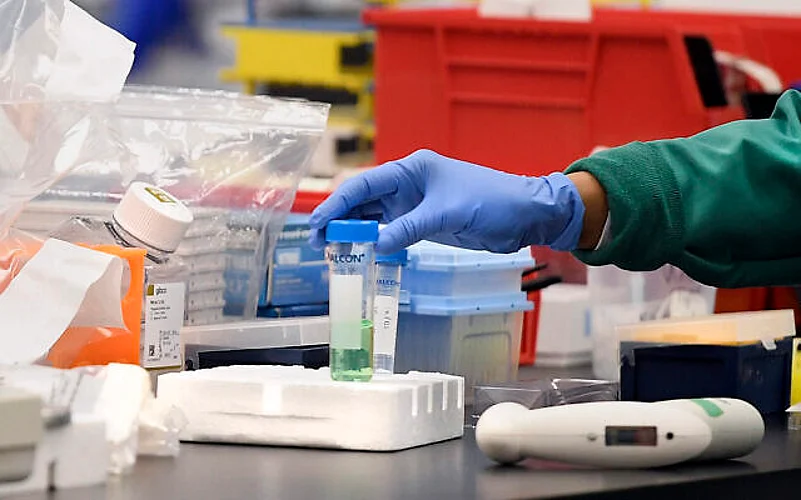The world is scrambling to find a vaccine against the Coronavirus which has brought normal life to a standstill for over two months now. According to the Vaccine Centre at the London School of Hygiene and Tropical Medicine, there are 78 anti-COVID-19 vaccines under various stages of development across the world, including six by Indian companies.
But what exactly is a vaccine, and why does it take so long to make one?
A vaccine essentially helps you develop immunity against certain specific diseases. They usually contain a weakened or dead version of the same virus or germ that causes the disease. The vaccine for measles, for instance, contains measles virus, while the polio drops are made from the polio virus. Some vaccines contain only a part of the disease germ or virus, while others are synthetically produced. Unlike most medicines that treat or cure diseases, vaccines are meant to prevent them.
But there’s a catch. While diseases like polio have almost been eradicated across the world due to the aggressive administration of the vaccine, there are certain viruses that keep mutating very fast, which means you have to constantly develop new vaccines to deal with each new strain of the virus.
For instance, the Influenza virus circulates continuously around the globe, causing seasonal and sometimes year-round epidemics in some tropical regions. But because the virus keeps mutating constantly, the vaccines too need to be constantly updated to deal with the new strains. In other words, there is no universal vaccine for influenza.
The Coronavirus comes from a family of viruses that cause illnesses ranging from the common cold to the Middle East Respiratory Syndrome to Severe Acute Respiratory Syndrome.
Coronaviruses circulate among animals, but some of them can jump from animals to humans, who are not naturally resistant to it. However, according to WHO Director-General Tedros Adhanom Ghebreyesus, “This virus is not SARS, it’s not MERS, and it’s not influenza. It is a unique virus with unique characteristics.”
Vaccines take time to develop because apart from the time spent on research, they have to undergo extended clinical trials, animal testing and then different stages of human trials before they can be certified for general use. Some vaccines take as many as 10 years or more to develop. In the case of COVID-19, the earliest one can expect a vaccine is mid to late 2021.
















